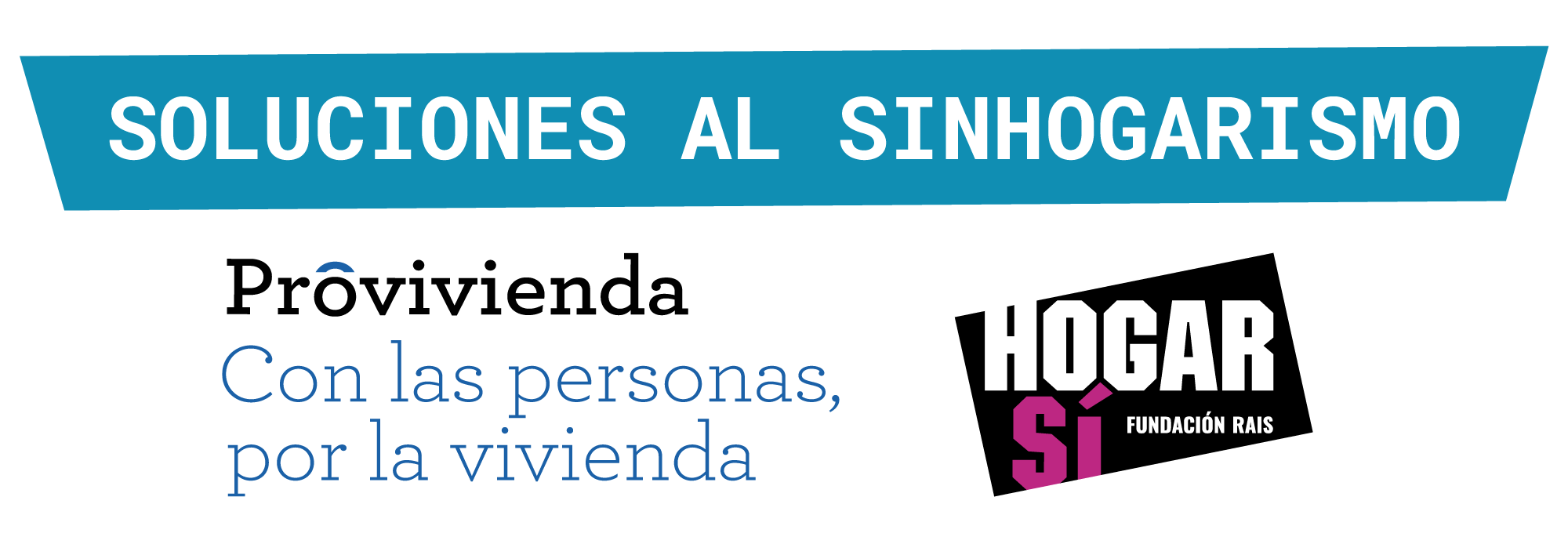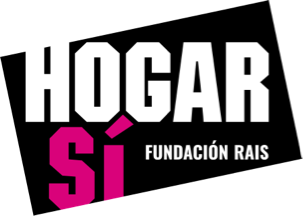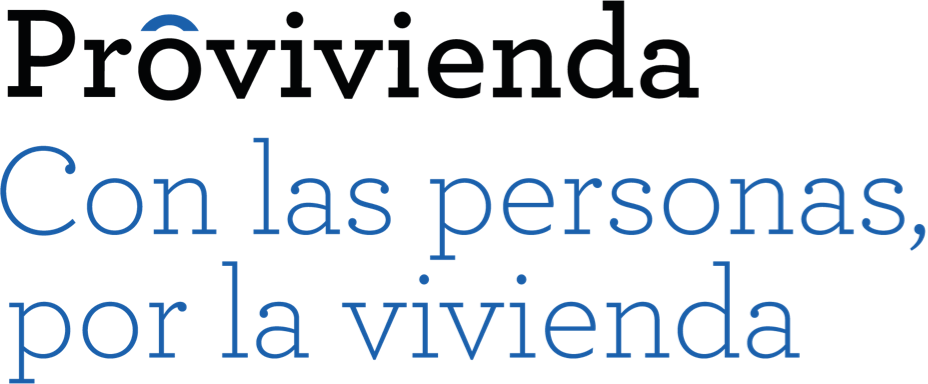"You take your suitcase and go to Spain," grandmother Delfina told him. And so she did. Now what he likes most is paella. She also got used to Serrano ham, although at first she didn't understand why we ate that meat raw without at least putting it in the oven. From a very young age, the first place she wanted to travel to was Spain because "I always saw in the news that it was a very Catholic country" -now she confesses that she no longer feels the same way-. She admitted that it was hard for her to adapt to the tone of the people: "you speak very loudly, it's as if you were shouting at us or angry," she said with a laugh as she recalled her first days in Madrid.
Julisa Yamileth (25) was born on the coast of Manabí, Ecuador. Having just reached the age of majority, she decided to migrate to Spain, along with her cousin, in 2018 to continue her theology studies. In 2022, she wanted to return to her country, but lost her documentation at the airport and was forced to stay longer in the capital of Madrid.
He started sleeping in shelters for months, until in April 2023 he entered the H4Y FUTURO program, where he lasted a couple of months until he managed to find a job and regain his autonomy. "They sent us from Samur Social. They told us to interview with Provivienda and HOGAR SÍ. In the end they gave us the housing and we entered on April 12 with another boy," she explained, recalling the exact day she and her cousin started in the pilot program.
Although she was only in the project for a couple of months, the young woman highlighted the support and advice she received from H4Y FUTURO's technical staff. "The guidance they gave me was fundamental, both to find employment and to start the process to regularize my administrative situation. With so many things that had happened to me in my life, when I entered I didn't even know what I wanted. The program was the little push I needed to set goals and achieve them, and I also knew that I had to be autonomous because tomorrow the organizations would not be there," Julisa said.
Within a month of entering the project housing, Julisa received a call that would allow her to leave the program independently. She went to Talavera as an internal home and care worker. There she had to look for an apartment again and, although it was not as easy as she expected, she managed to do it. "You don't have papers and they ask you for a thousand requirements. It is very difficult to find housing for yourself as a migrant, which is why we often opt to look for a room," she said.
Julisa acknowledged that she would love to return to live in Madrid and study nursing in the future. Although for the moment she is at ease in Talavera, thanks also to María, a new friend she met in the doorway across the street and with whom she has weekly coffees. With her work permit in hand, she has yet to complete the process to obtain her nationality, but she is sure she will get it soon, aware of all the lessons she learned in the pilot.
Julisa found the necessary support through H4Y FUTURO, the innovation program of Provivienda and HOGAR SÍ for homeless young people aged 18 to 25, financed by the European Next Generation funds of the Recovery, Transformation and Resilience Plan, through the Ministry of Social Rights, Consumption and Agenda 2030. Thanks to this program of early attention to homelessness, she was able to access safe and stable housing, and receive social accompaniment that allowed her to generate processes of autonomy. The approach of this project has been an innovative and flexible response adapted to the different profiles of young homeless people. The objective has been to avoid the chronification of these situations and to achieve the acquisition of a sufficient level of autonomy to maintain a life outside the homelessness care system.






